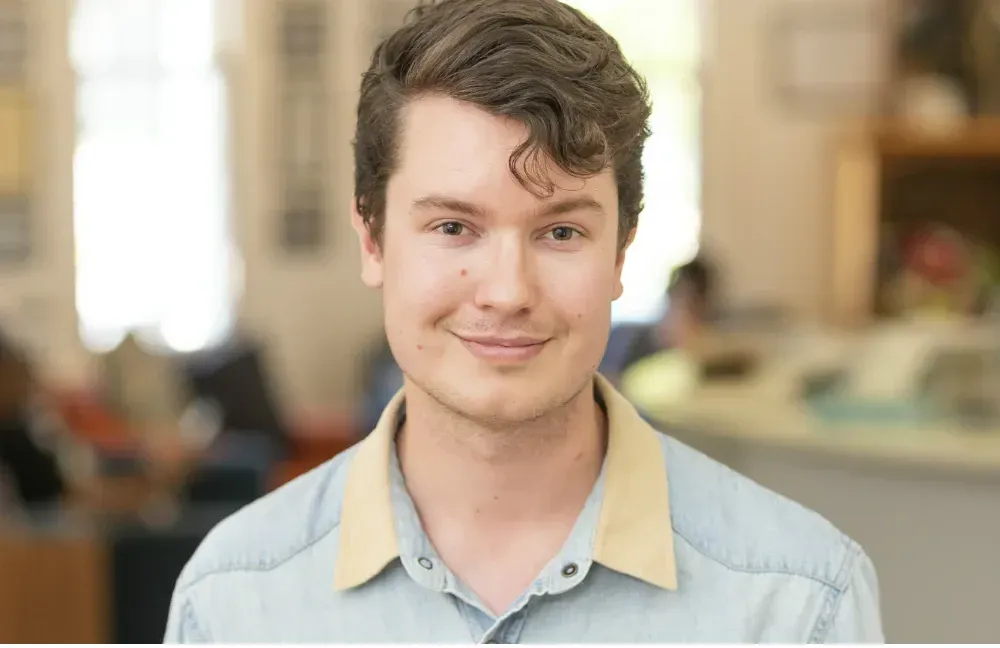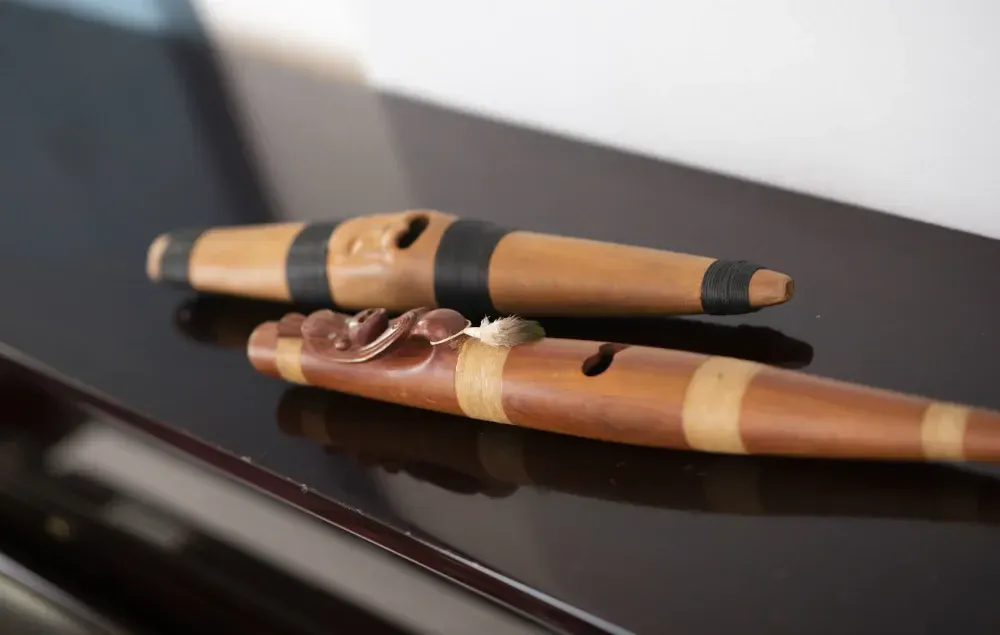Need for therapy
Written by
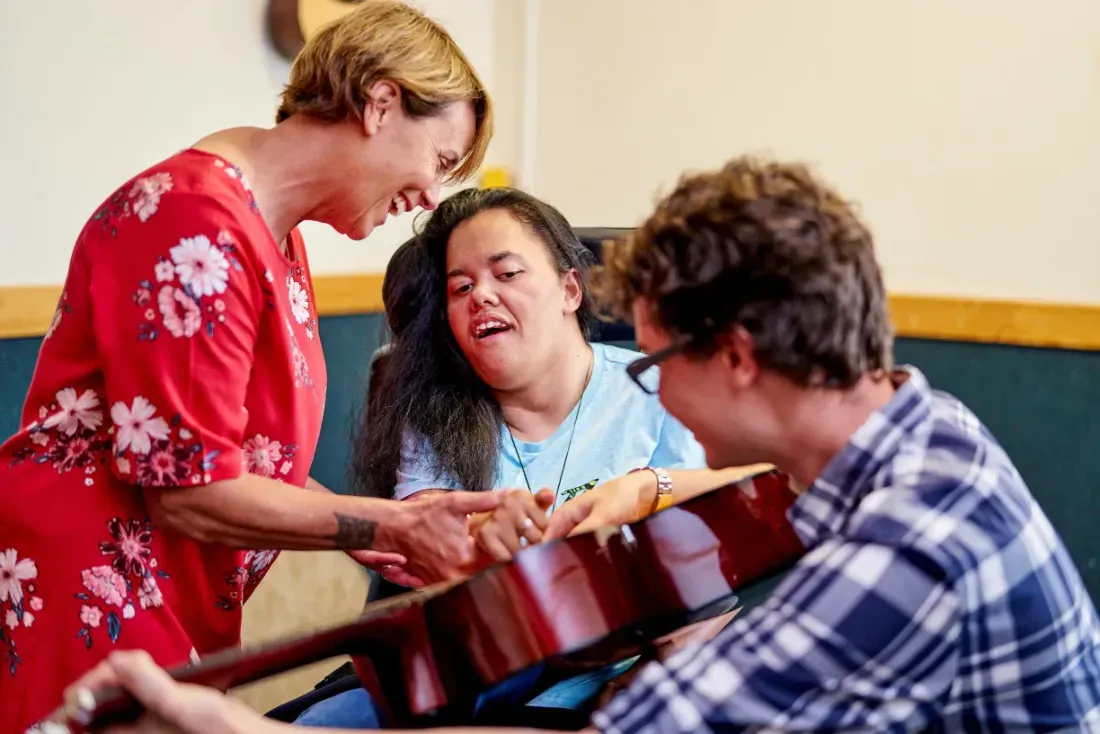
Why am I here?
One of the first questions people ask me when I mention I’m a music therapist from Australia (after the inevitable “what is music therapy”) is “Why are you living in Hawke’s Bay?” To answer the first, the short version goes like this: music therapy is the research-based practice where a university-trained professional uses music to actively support people wanting to improve their health and well-being.
The answer to ‘what am I doing here’ is that I am particularly passionate about supporting the accessibility of music therapy services, particularly to those living in regional and rural areas. We know from research music therapy can impact people’s lives in wonderful ways, from supporting the development of social skills, to alleviating symptoms of depression and anxiety. However, the majority of music therapists working at present are based in the major cities: Auckland, Wellington, Christchurch. People living in more rural areas find it more difficult to find a music therapist: it isn’t only medical services that are being underserved in rural areas, it’s creative therapies as well.
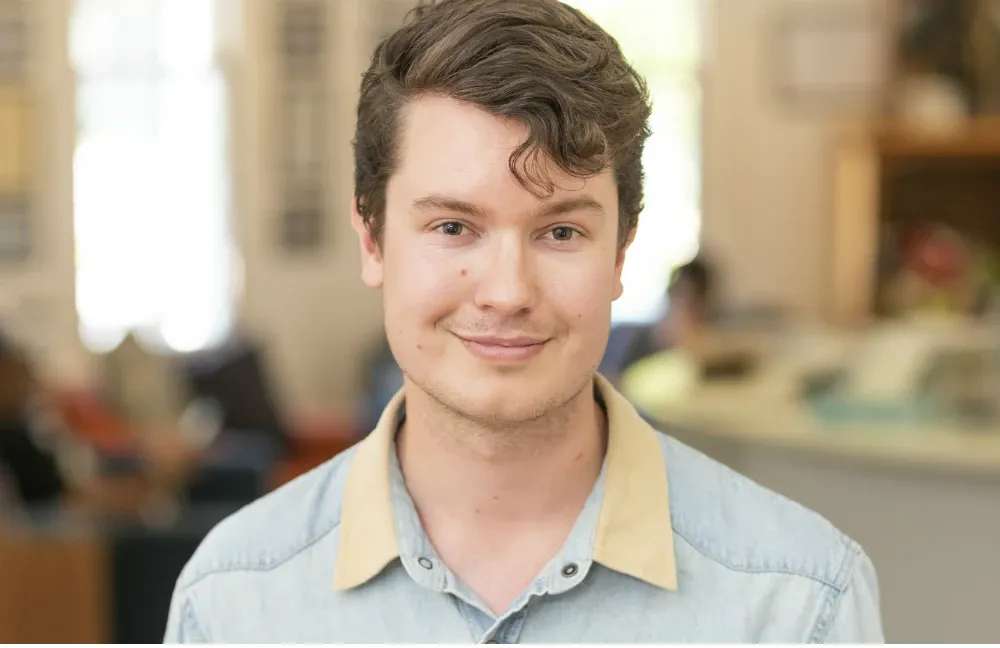
Will Darbyshire - supplied
This isn’t surprising; there tends to be more options for work in cities and the people living there have access to a lot of services compared to people living rurally. It isn’t a problem unique to New Zealand - the comparatively large number of urbanised allied health workers is something found world-wide, particularly in Australia. However, people living outside the city can equally benefit from music therapy, and have an equal right to access these services. On top of this, regional and rural communities may face unique challenges that music therapy could address. As someone who has practised in both Australia and New Zealand, I wanted to share my reflections comparing music therapy service provision between the two countries.
Same same but different
For both countries, music therapy is a relatively young profession and is one that is continually finding its space in between the health and arts worlds. Music therapists work with similar client groups in both countries, and tend to work in a strengths-based way that encourages engagement, creativity, and expression. One noticeable difference is in Australia music therapy is included in the National Disability Insurance Scheme (NDIS) – falling under the banner of ‘Capacity Support.’ This means those living with an intellectual, physical, sensory, cognitive, or psychosocial disability can access music therapy services without great financial burden. While this system isn’t perfect it does remove a large financial barrier for individuals and families looking for support through music therapy. And while the NDIS doesn’t instantly create new music therapists in rural areas, it does support the awareness and accessibility for those families to seek out these services. It backs the mandate that all forms of therapeutic services should be available and affordable for those who want to access them, regardless of their situation.
The music therapy profession is a growing one in New Zealand, and is comprised of a community of people who work with empathy and compassion. With my arrival in Hawke’s Bay there are now four registered music therapists working in the region (practically a crowd). There is only one music therapist working throughout the Northland region with a big waiting list. Their work includes supporting children from refugee backgrounds. Whilst this work is definitely something worth celebrating, it highlights the fact that rural and regional areas have an unmet need for therapy services, so there is a gap that needs to be bridged.
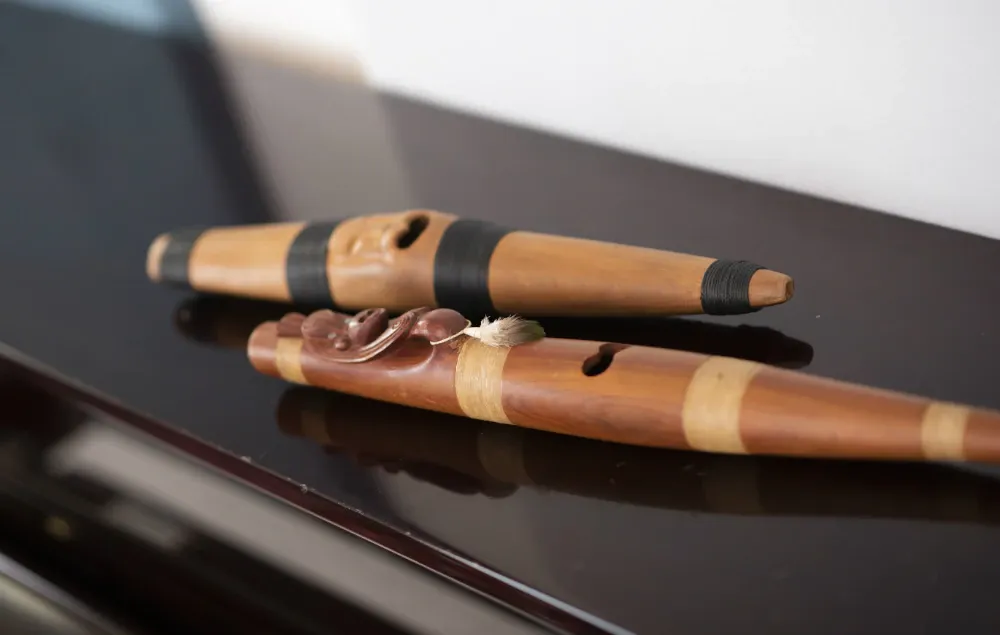
Next steps
One of the limiting factors to accessibility in regional and rural areas is a lack of awareness of the services that may be available. If you know someone who may benefit from music therapy, start that conversation and look online for music therapists in your area. The 'Find a Therapist' section of the Music Therapy New Zealand webpage contains a list of all registered music therapists and is a great place to start. Get in touch with Music Therapy New Zealand even if there aren’t music therapists working in your region – once the demand is there, the work will follow. Music therapy continues to grow in New Zealand, and there are more therapists being trained each year. Encouraging these therapists to work in underserved regions will not only expand music therapy more evenly throughout the country, but will allow for community-centred practice that meets the unique needs of each area.
Music Therapy Week's annual awareness campaign will run from 16-22 September. More details available here: https://www.musictherapy.org.nz/whats-happening/
